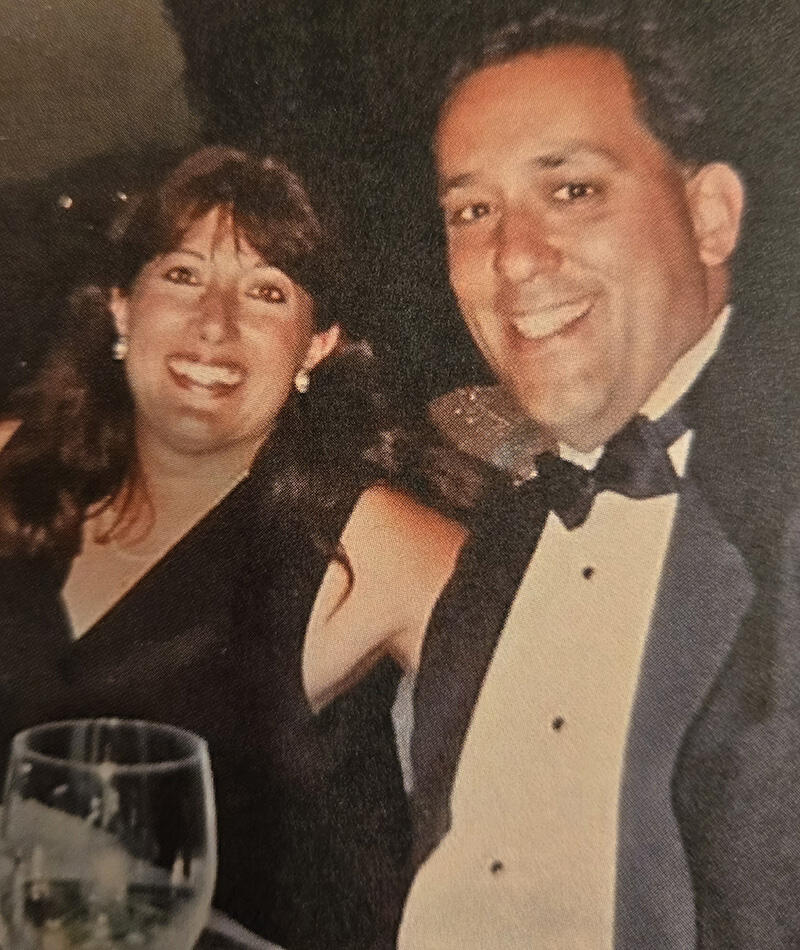
Visitors to UC Berkeley’s bustling campus pass by many buildings under construction, all part of an effort to meet the needs of a growing student population. It’s a familiar feeling for Michael Fink, a 1983 economics alum who recently retired as the University of Washington’s lead attorney for real estate, capital projects, and construction.
“In addition to the benefits to students, you can look at a completed building and say, ‘I made it come about in my small way,’” said Fink. “It’s one of the things I always like about real estate.”




